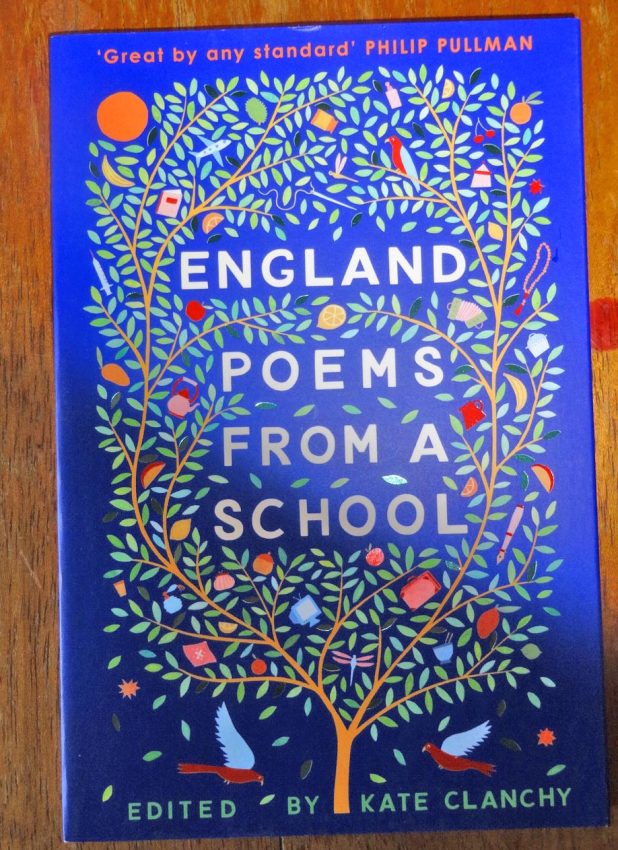
At school, we learnt to declaim poetry. It was mostly heroic stuff designed to inspire patriotism and action like Felicia Dorothea Heman’s Casabianca about filial duty and Thomas Macaulay’s incredibly lengthy poem Horatius at the Bridge about courage. We weren’t taught to make poetry, and poetry was never going to be about us and our lives. Even though this kind of verse was stirring stuff, we were made to believe that poems were for girls and sissies and Valentine cards – unless, of course, it was very rude, crude and a limerick recited while banging a beer bottle on the table. Poetry, we were instructed, must follow strict rules and formulations. It has to have metre and rhyme and needs to be recited in that reverential ‘poet’s voice’ so that you know it’s only for especially sensitive, gifted and educated persons. Poetry was always going to be beyond and above ordinary people like me. I found this interesting 2014 article by Rich Smith about the Poet’s voice online and I quote him here. “[Sentimentality is giving] to a thing more tenderness than God gives to it.” ‘Poet Voice’ gives to the poem more tenderness than the poet gave it. Potentially wonderful poems are made cheesy.” I think that what I dislike about the reverential treatment of poetry is that it suggests it’s for an elite. It isn’t – it’s for everybody and for me!
Poetry is a profound human intuition
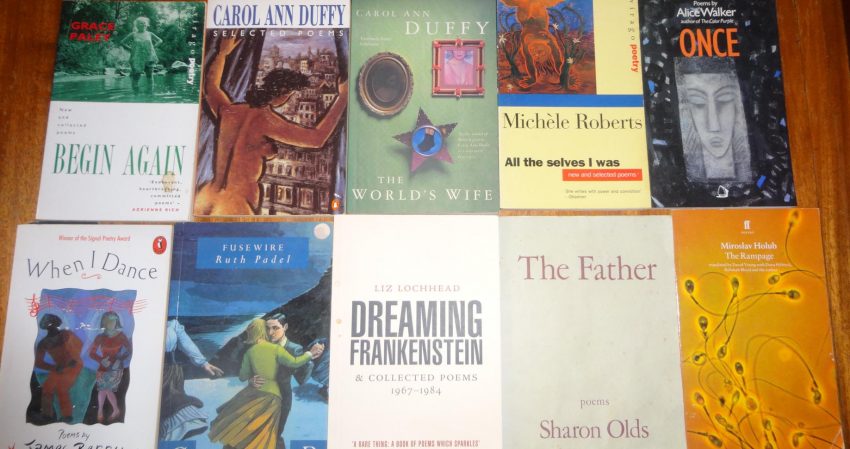
In spite of my school education, I found that I couldn’t help writing poetry. Of course, I knew it was bound to be bad poetry because I was taught that I’m just a mediocre human, not a genius. All the same, it was natural to express emotion and experience in this form and I came to realise that if I couldn’t help but write poetry, then I also wanted to do it well. I also came to feel that poetry is the natural way humans express themselves and Patrick J. Kiger’s article says the same. “Poetry appears to be ‘built-in,’ it is like a profound intuition, every human being is an unconscious poet.” says Bangor psychology professor Guillaume Thierry who says that the results of his research ” . . . argue for a profoundly intuitive origin of poetry” The same, apparently, can be said for music and from my experience as an art teacher of learning-disabled adults it’s also true for visual expression. Laughter, music, rhythm, rhyme, symmetry and pattern-making are more fundamental to humans even than language. I think the tiniest cells of our bodies are patterned symmetries too. The idiocy of Michael Gove in devaluing the creative arts in education on the strange premise that science is different, better – but can be controlled somehow – is a crime that will bear bitter fruits for British children. We are not robots yet.
Poetry is ours to make in our own place
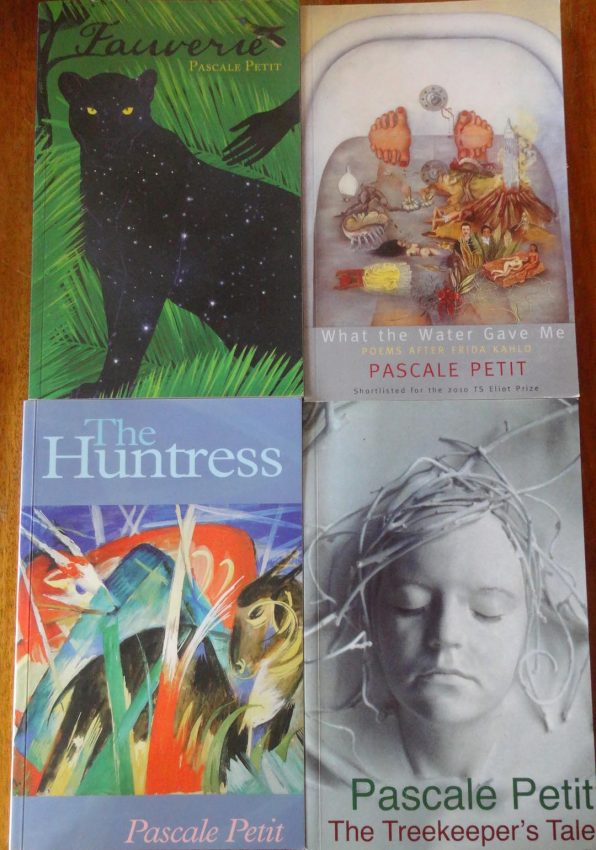
There are wonderful poets like George Szirtes and Pascale Petit. People whose every moment is spent perfecting their gifts for poetry so that when you hear or read one of their poems you feel its complete wholeness. Somehow, they manage to fill books with excellent and beautiful work. Then there are the rest of us – citizen poets if you like – who write our poetry, revise it and craft it and who do sometimes, maybe often enough make a few good poems. It turns out that there are a lot of poets because it’s a human activity. So, I ask, in this democracy of poetry and citizen poets, where are the spaces and the places for us to share what we do? How should we value our work and judge the work of other poets? I asked Janice Dempsey of Dempsey and Windle for help. Dempsey and Windle publish poetry and organise poetry evenings and poetry launches. This is what she said:-
Janice Dempsey explains who writes poetry and what is it for?
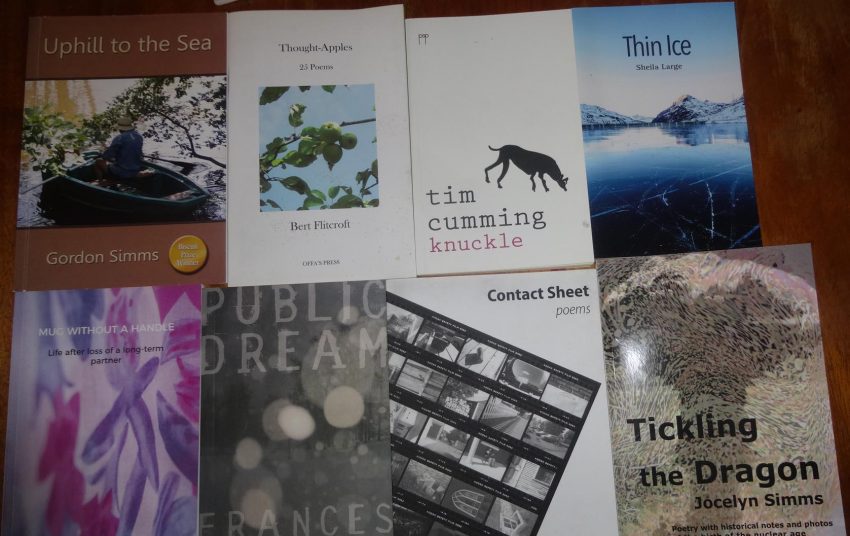
“In our experience, almost anybody who writes anything has also written poetry. Novelists, bloggers, playwrights, diarists, journalists, memoirists — very few of those have not dabbled in poetry at some point, often concurrently with their prose writing. Poetry offers a direct route to meaning; it’s quicker, more condensed, more immediate than articles and novels. There’s an interface with prose, in flash-fiction and prose poems, and another with song lyrics. Young people looking for ways to express their evolving identity, older people who are coming to terms with their new role in society and anyone who wants to express an opinion or tell a story in a memorable way can and does use the techniques of poetry to enable them to do so: rhyme, rhythm, repetition, alliteration, assonance, metaphor; all these poetic elements are available to them. (And to advertisers, too!) Good poetry communicates and entertains, and that is what it is for.”
Performance and slam and songs and free verse and everything else
What Janice Dempsey makes clear is that there are so many different forms of poetry and different ways to be a poet, too. Think of the Slam poet Amanda Gorman or Joelhagraphy, a poet who uses extraordinary video images There is also a large number of small presses that support poetry and poets – most of them operating on love and hope rather than on money! Here is a list of poetry publishers from Neon Books. There are others.
Poetry personal and political
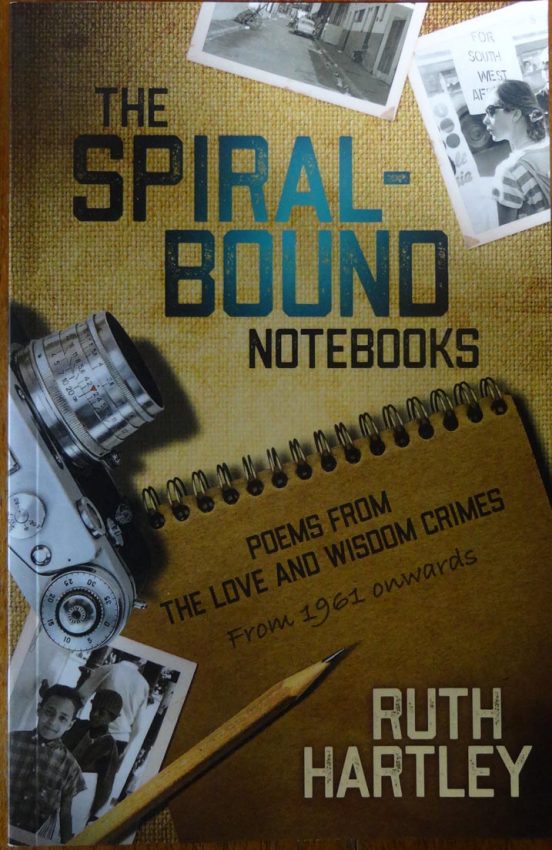
For me, there is no difference between the personal and the political. I think poems are a way of telling the truth of the poet’s experience. As a woman I find that the personal is political – women’s bodies have always been political footballs. I understand that for many people being political is about taking up a position of principle that feels outside ordinary normal life – but isn’t working life constrained by politics too? I suppose it might be possible to write poetry about the world one sees, sky, water, flower, flame, that is observational but that would also be a truth and have a context inside the political.
Dempsey and Windle organised a Zoom poetry book launch for Bert Flitcroft
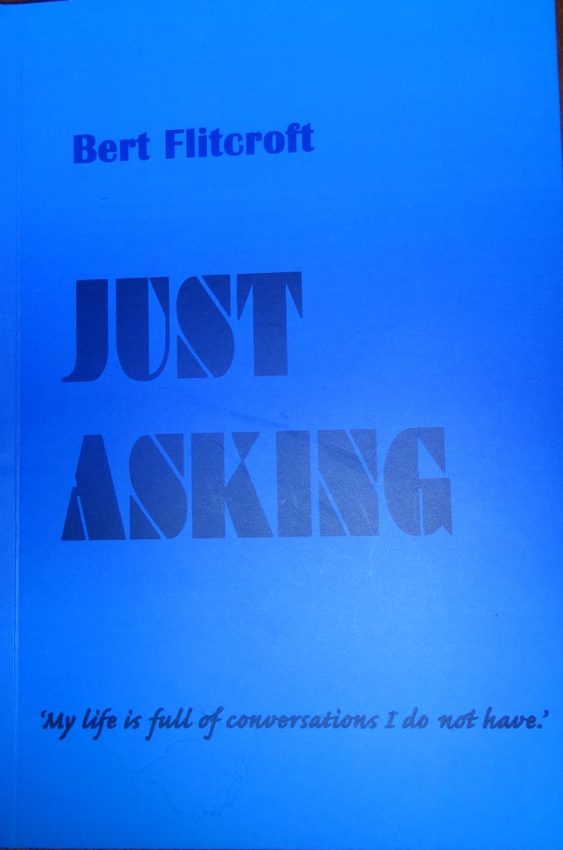
I joined it and it was my first experience of a Zoom launch. I like some of Bert’s poems very much. Here is Bert Flitcroft reading one of his poems. Bert says his poetry is not political but ‘an emotional impulse to explore one’s inner lives’. The Zoom experience is however problematic for me. I’ve longed for the ‘backroom’ private discussions about poetry as a way of sharing, caring and learning in a community of poets but in a curious way – speaking out on Zoom is even harder than speaking about poetry as a novice poet in a room of poets. Some of the problems around that experience and Zoom poetry are explored in this article by Wayne Miller. I think that is one of the things I loved and respected when I first lived in Zambia – every person had a voice and the right to be heard – sometimes at length! Everyone believes in their creativity.
4 Comments on “The purpose and power of poetry”
Thank you for this wide-ranging post with all its rich links. I do agree that humans instinctively make poetry, and it’s good to see how the audience for published poetry has expanded again as new forms have emerged and old ones been reinvigorated. I don’t think I agree that there are no rules, because, if that were the case, it wouldn’t be possible to write “better” poetry because there’d be no standards to measure that by. However, I do think that every style develops its own rules and that there’s no limit to the number of styles of poetry that humans may evolve over time.
Hi Tia – thank you for your comment. You are right about rules. On reflection, I didn’t mean there were no rules at all but as you say – there are many different sets of rules for poetry and maybe some yet to be discovered. I may well correct my original text above but I will leave your comment in place. Ruth
I was never taught poetry the way you were, Ruth, thank goodness! My teachers infused me with a love of poetry and great enthisiasm for it.
Hi Lorraine – I do remember that you always loved poetry and often think of you reciting Omar Khayyam outside a cafe in Portuguese East Africa. I also love poetry – do you still read and recite it? Ruth